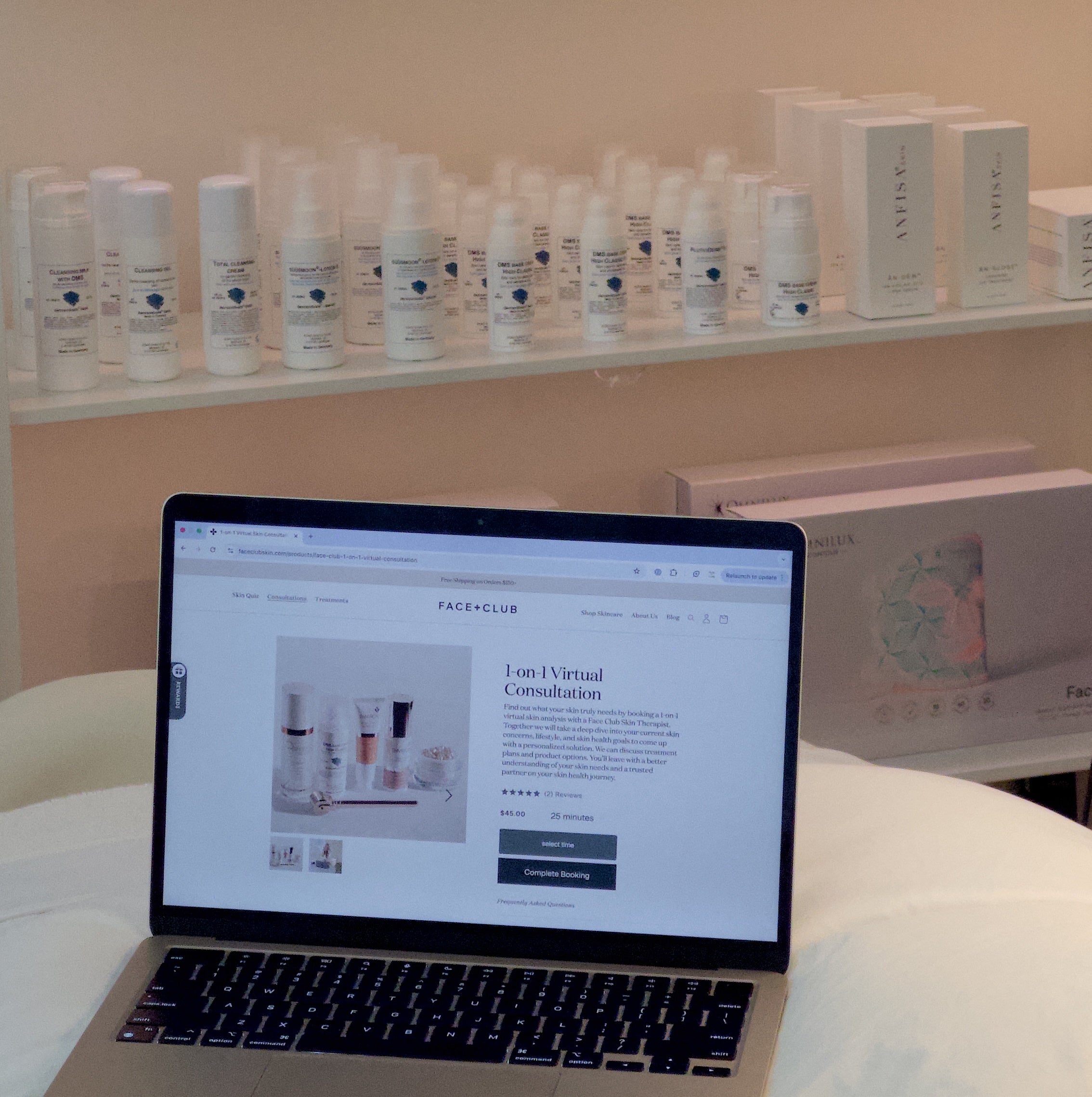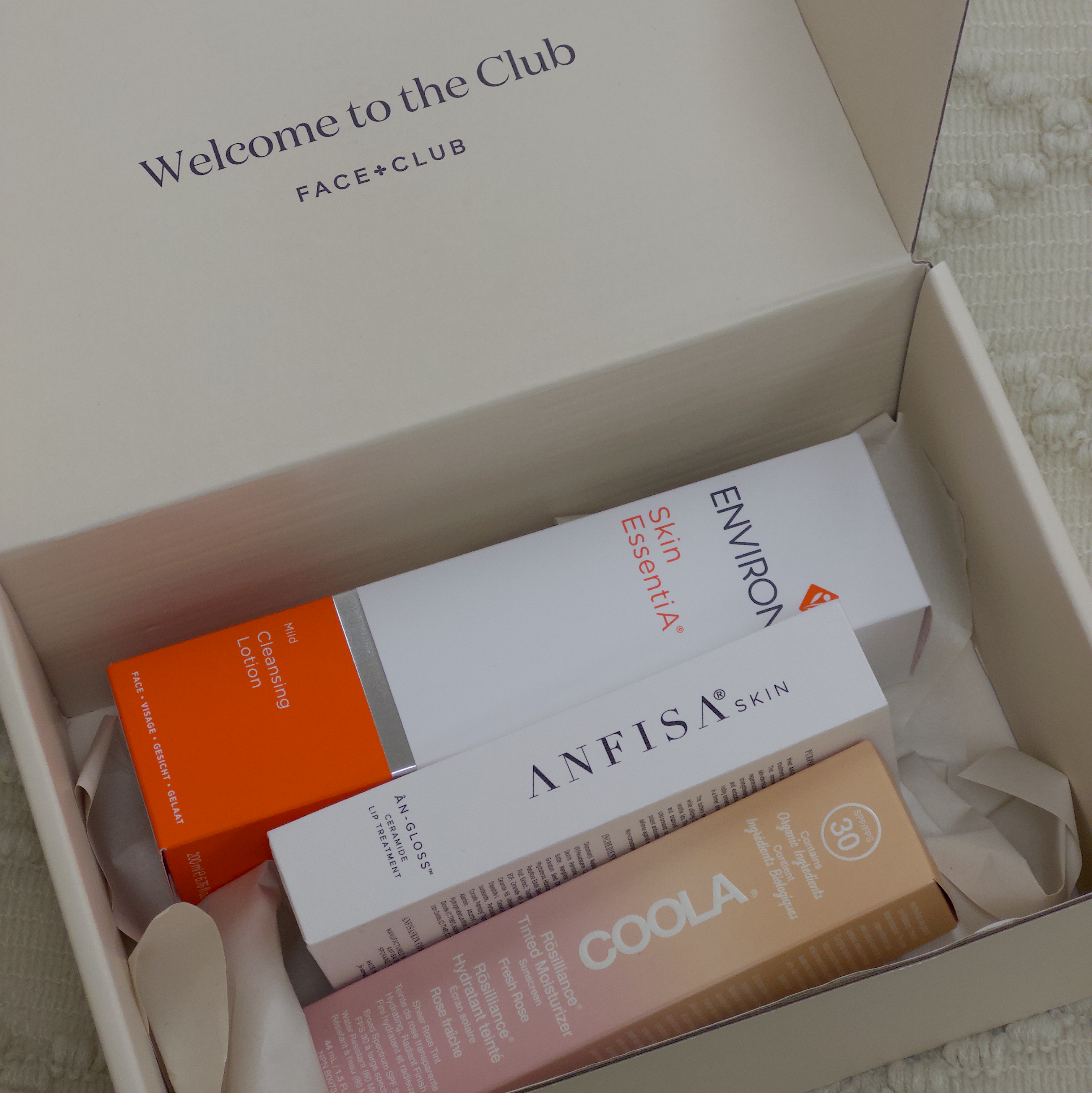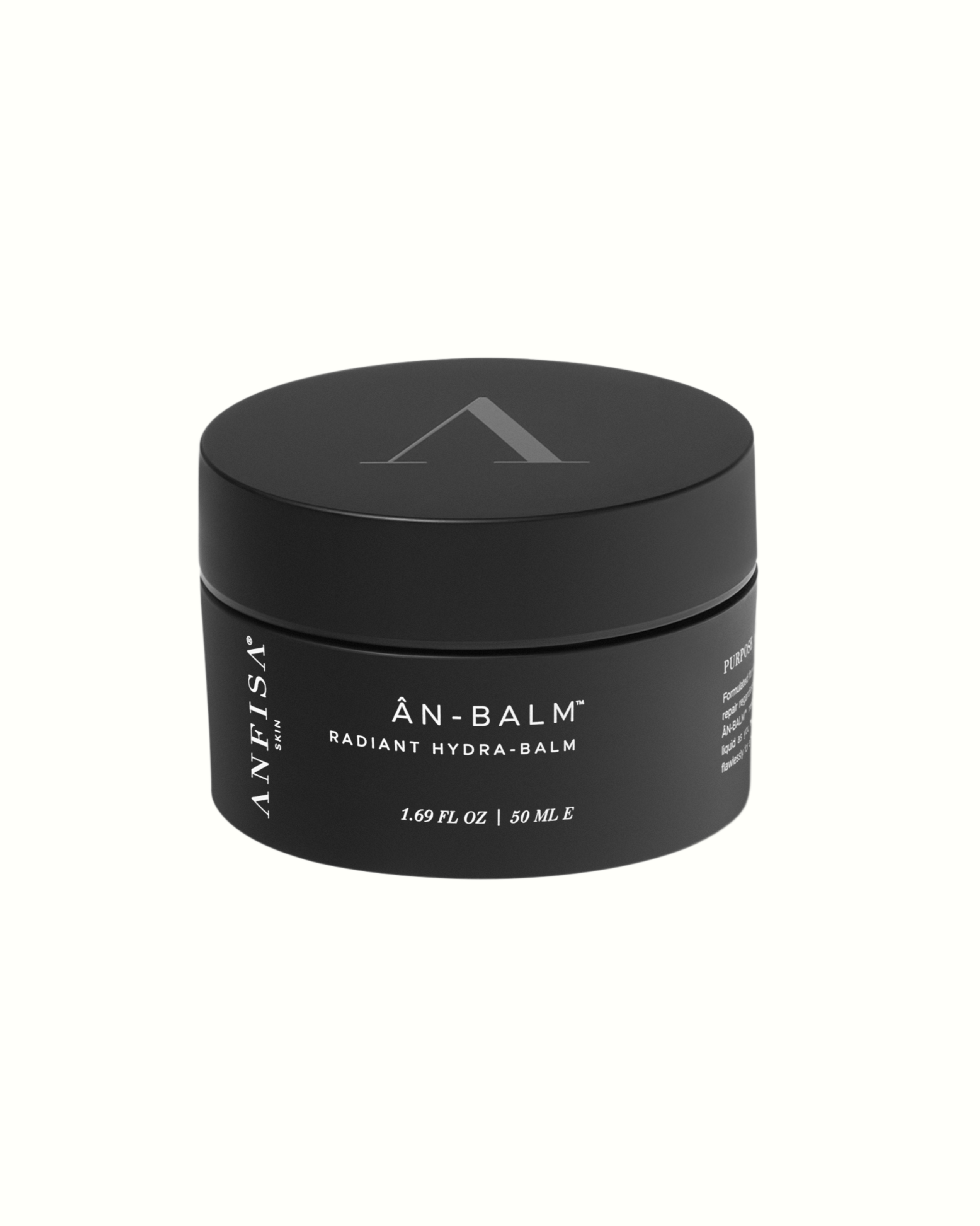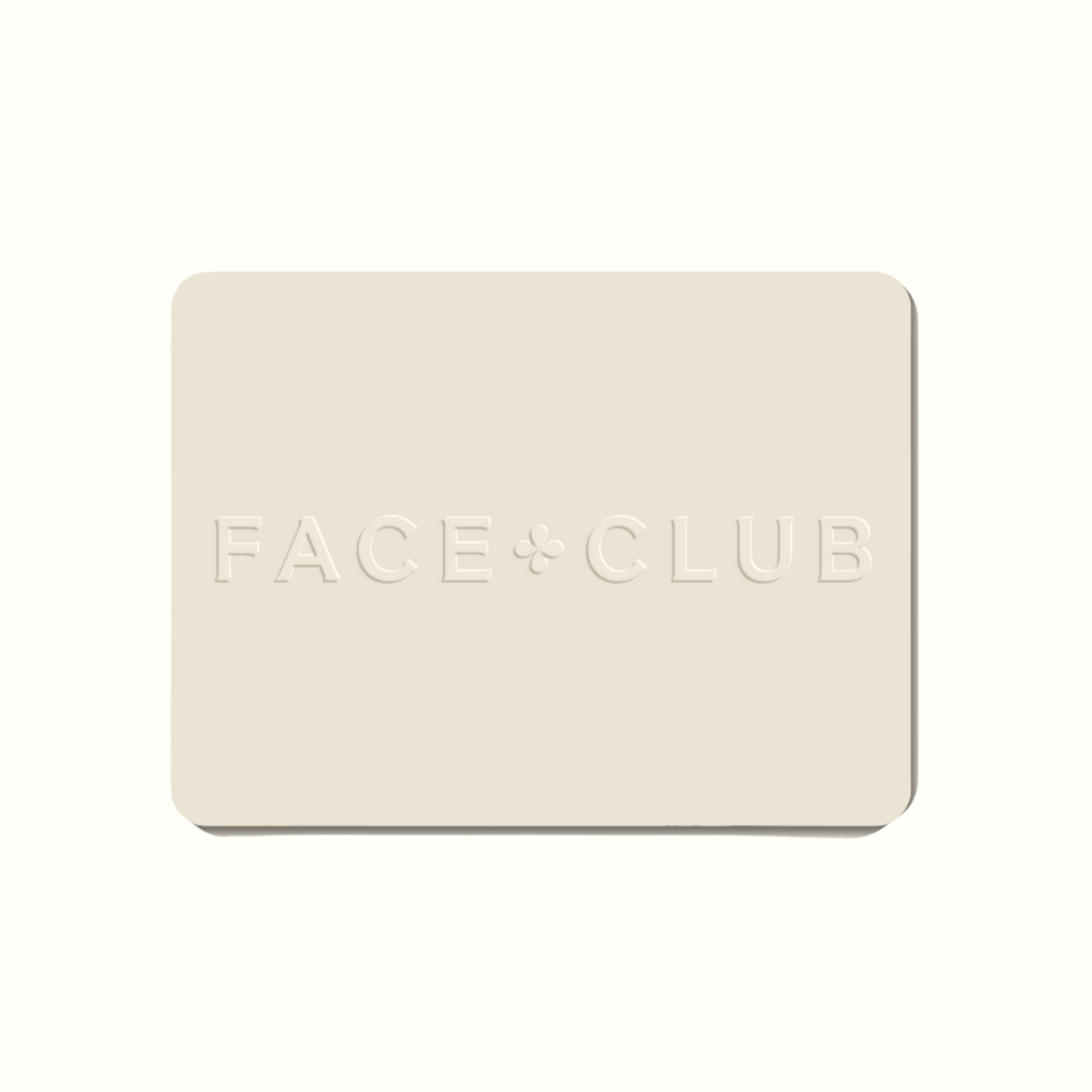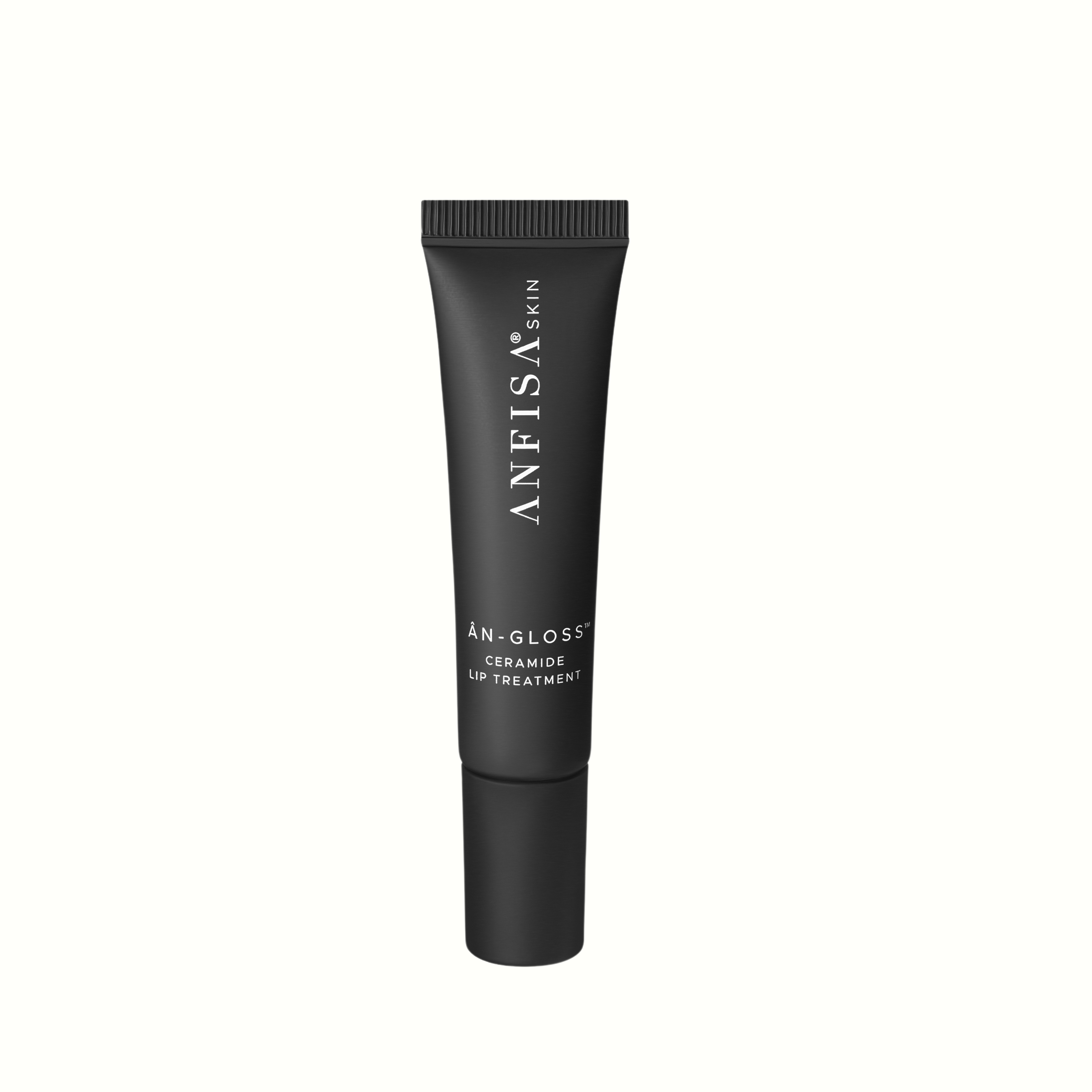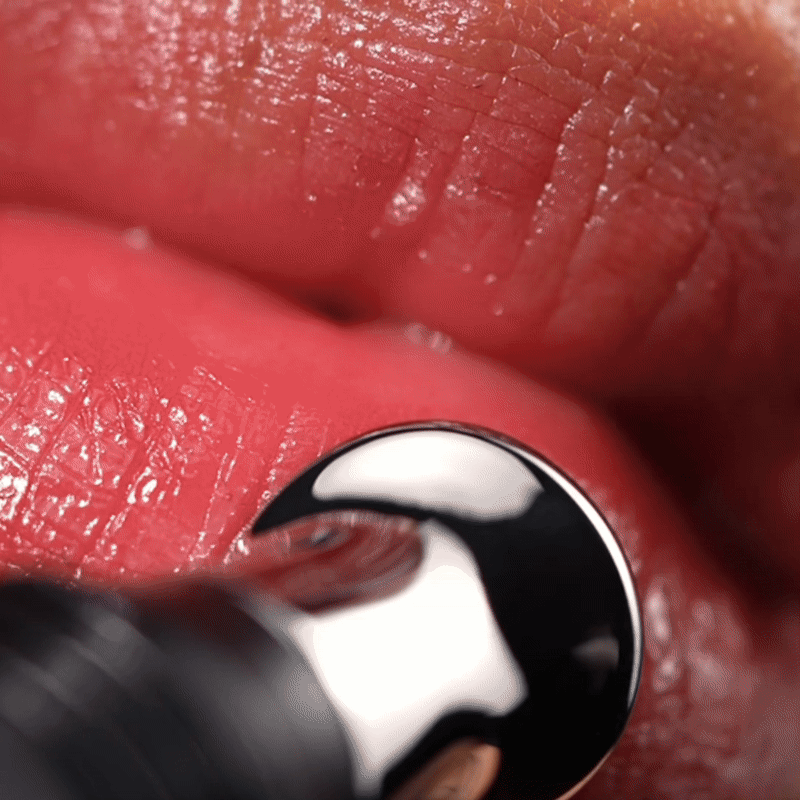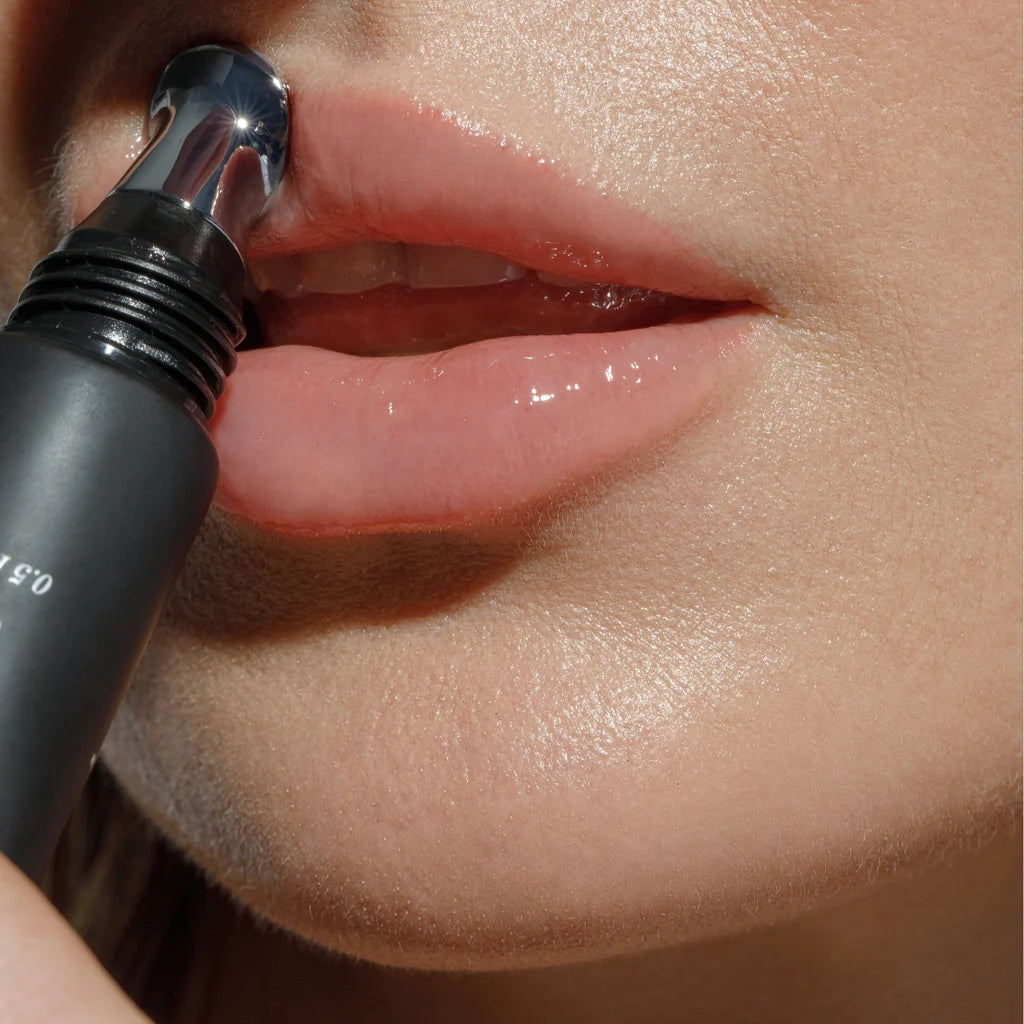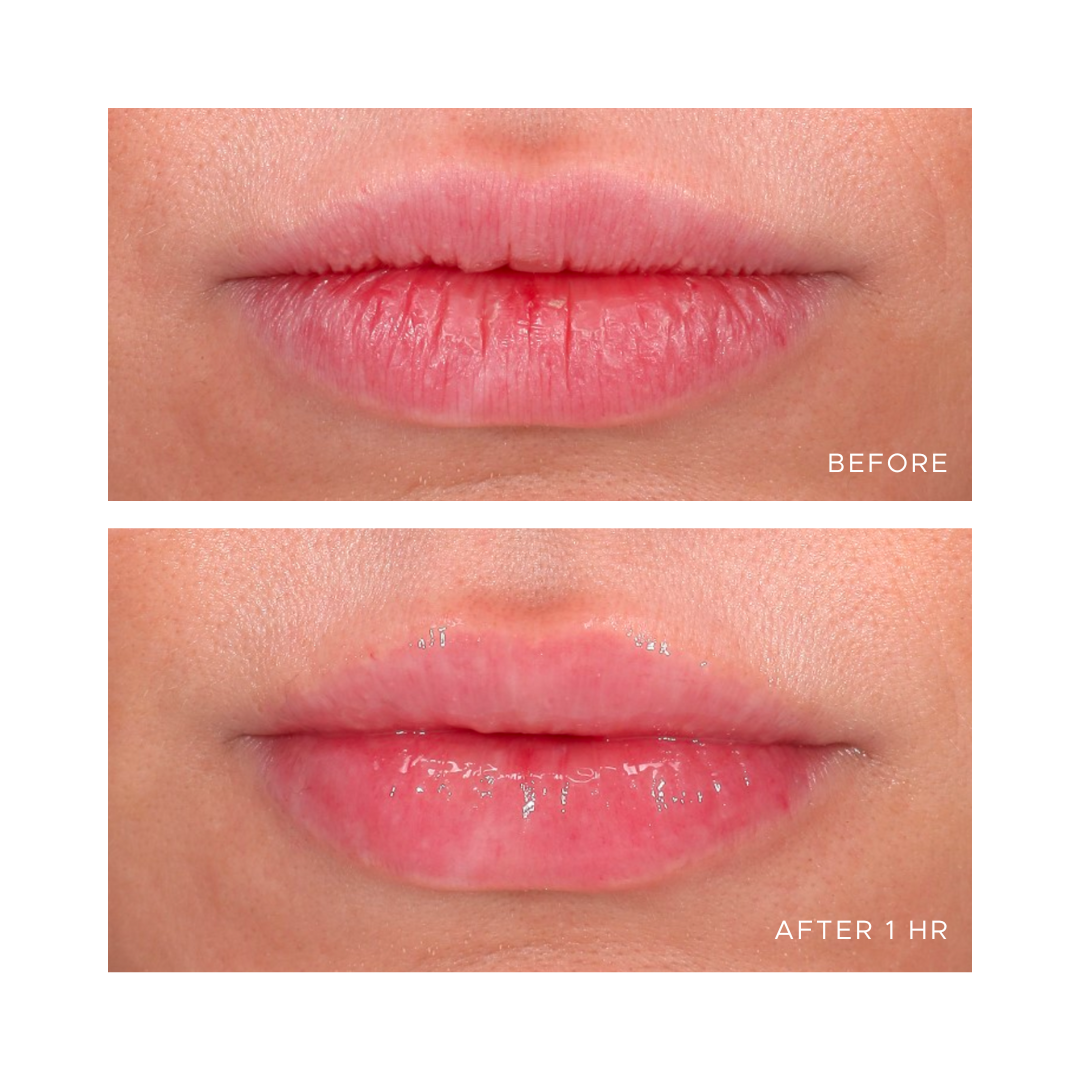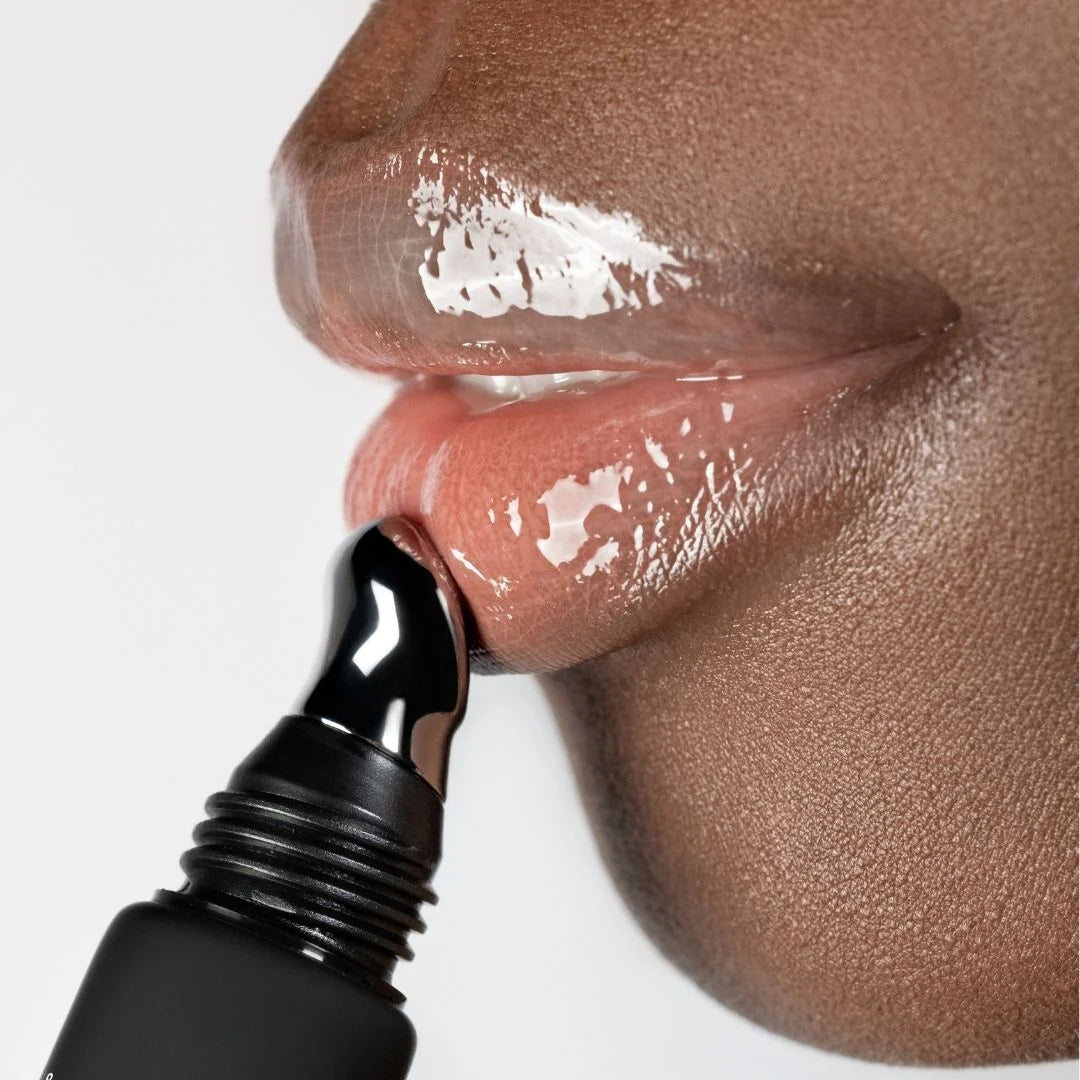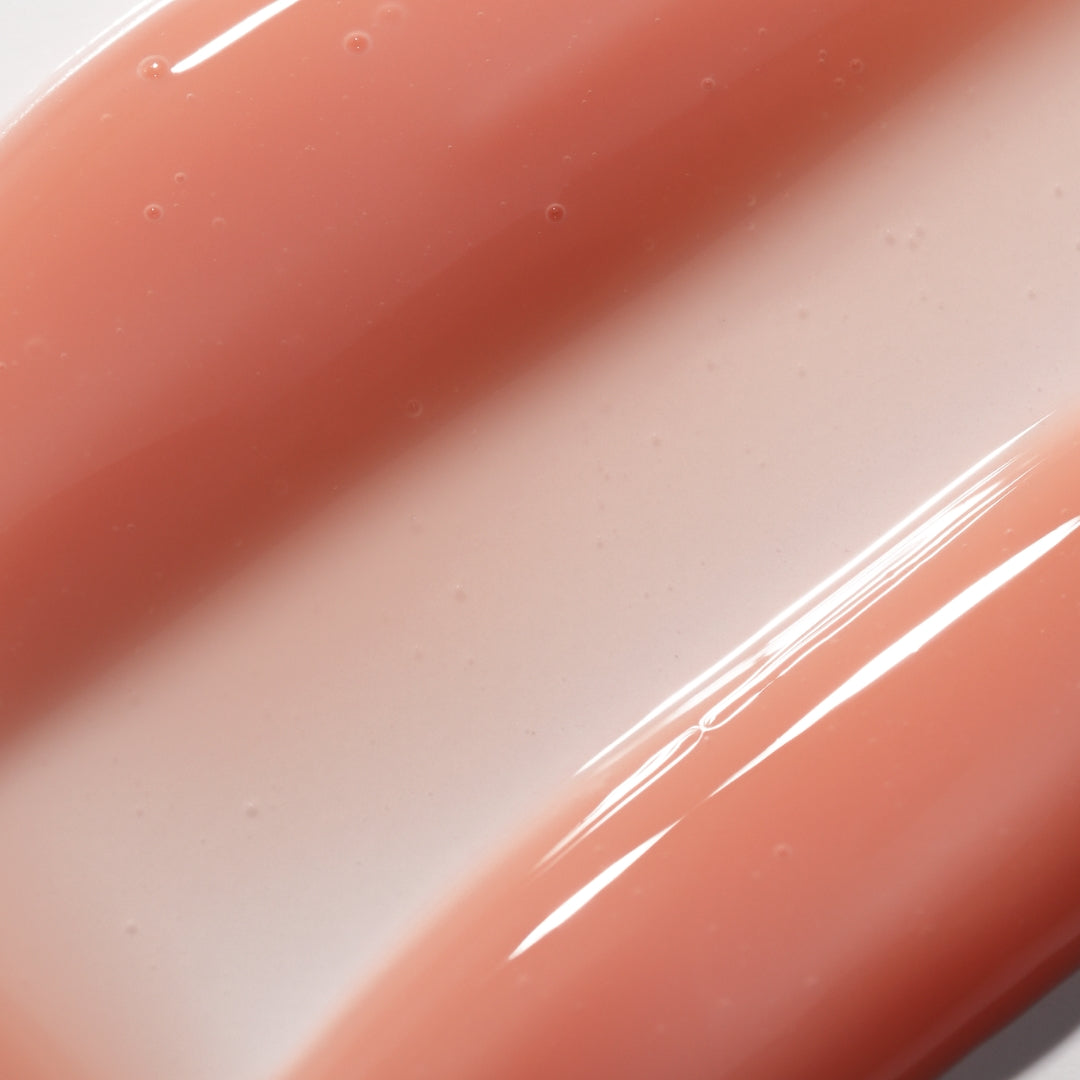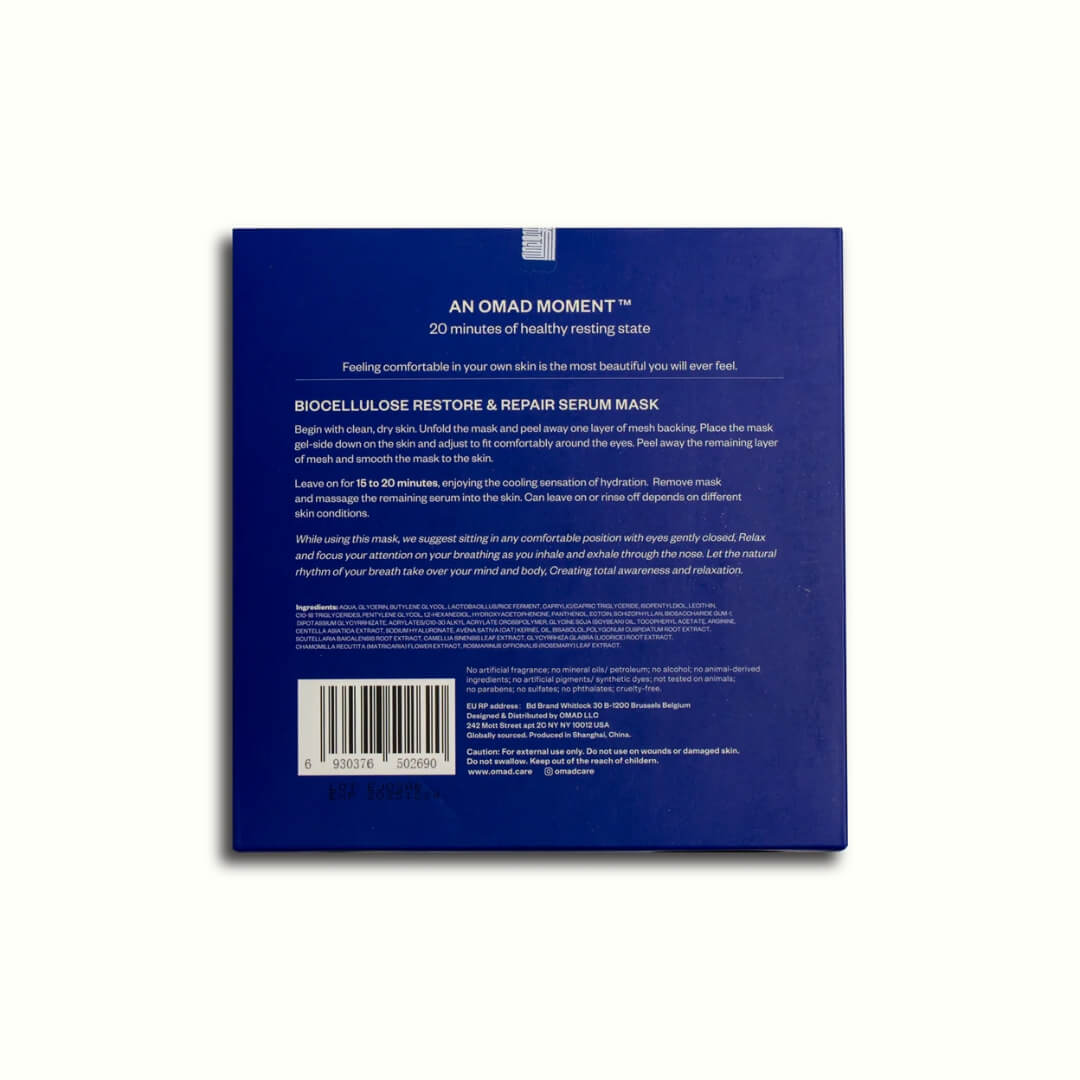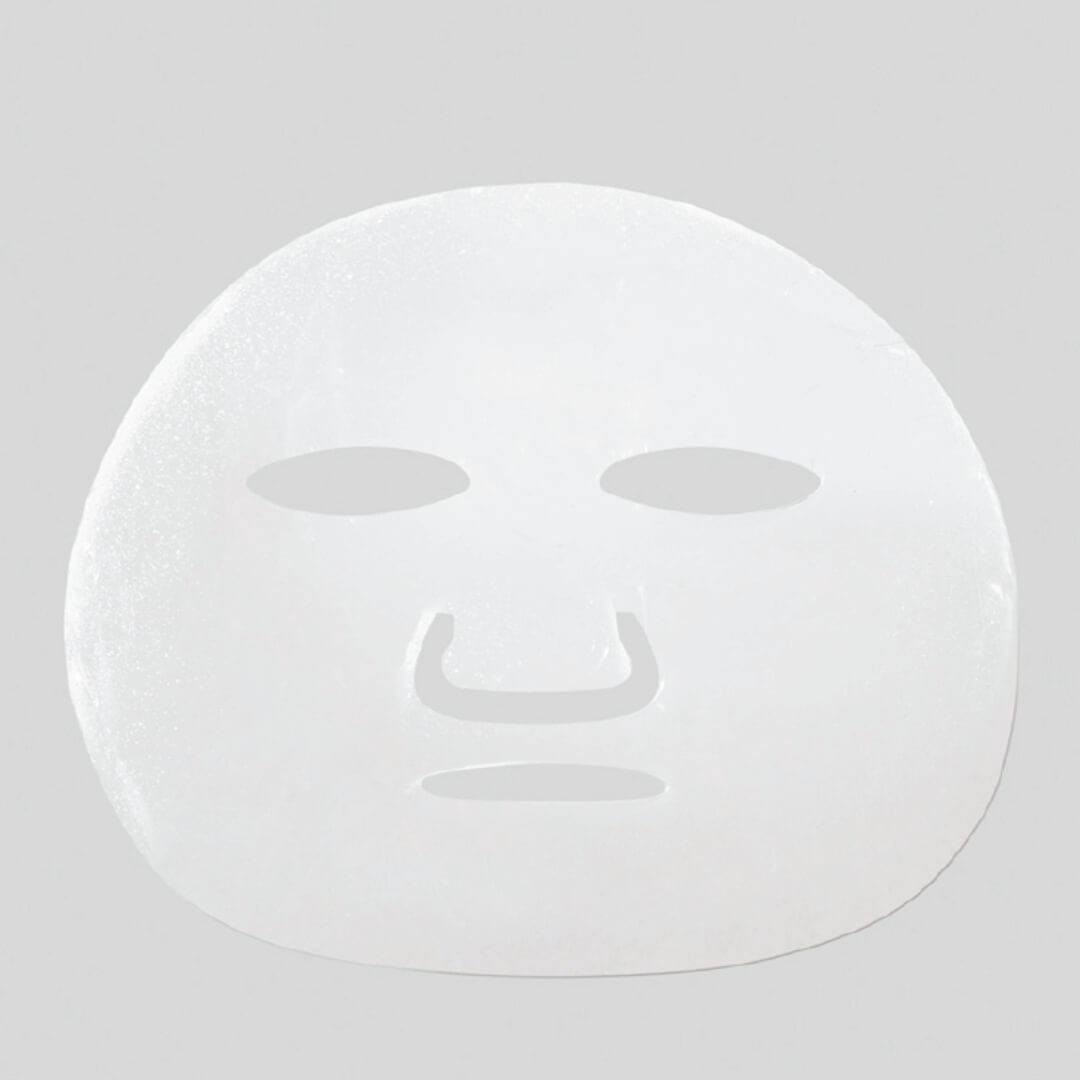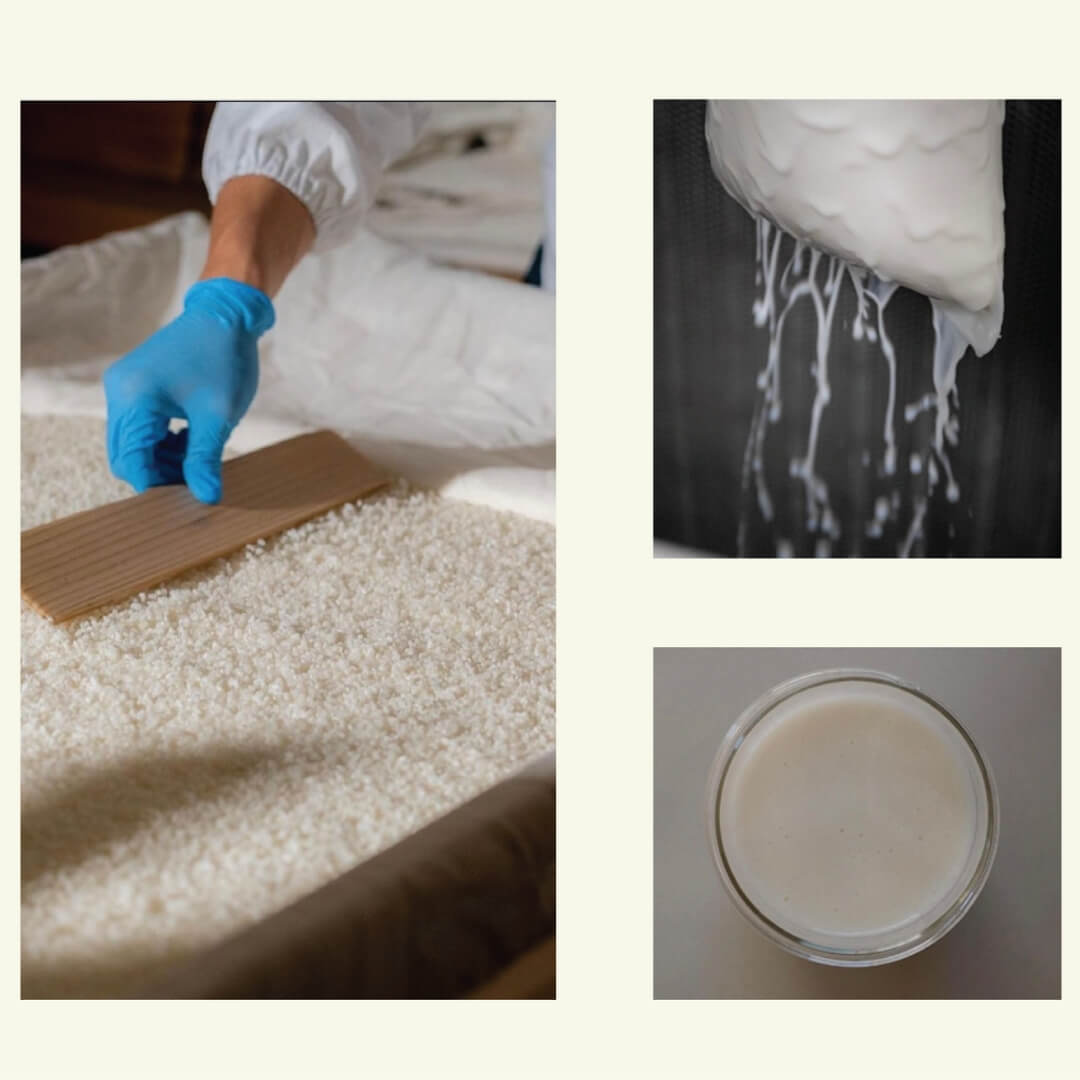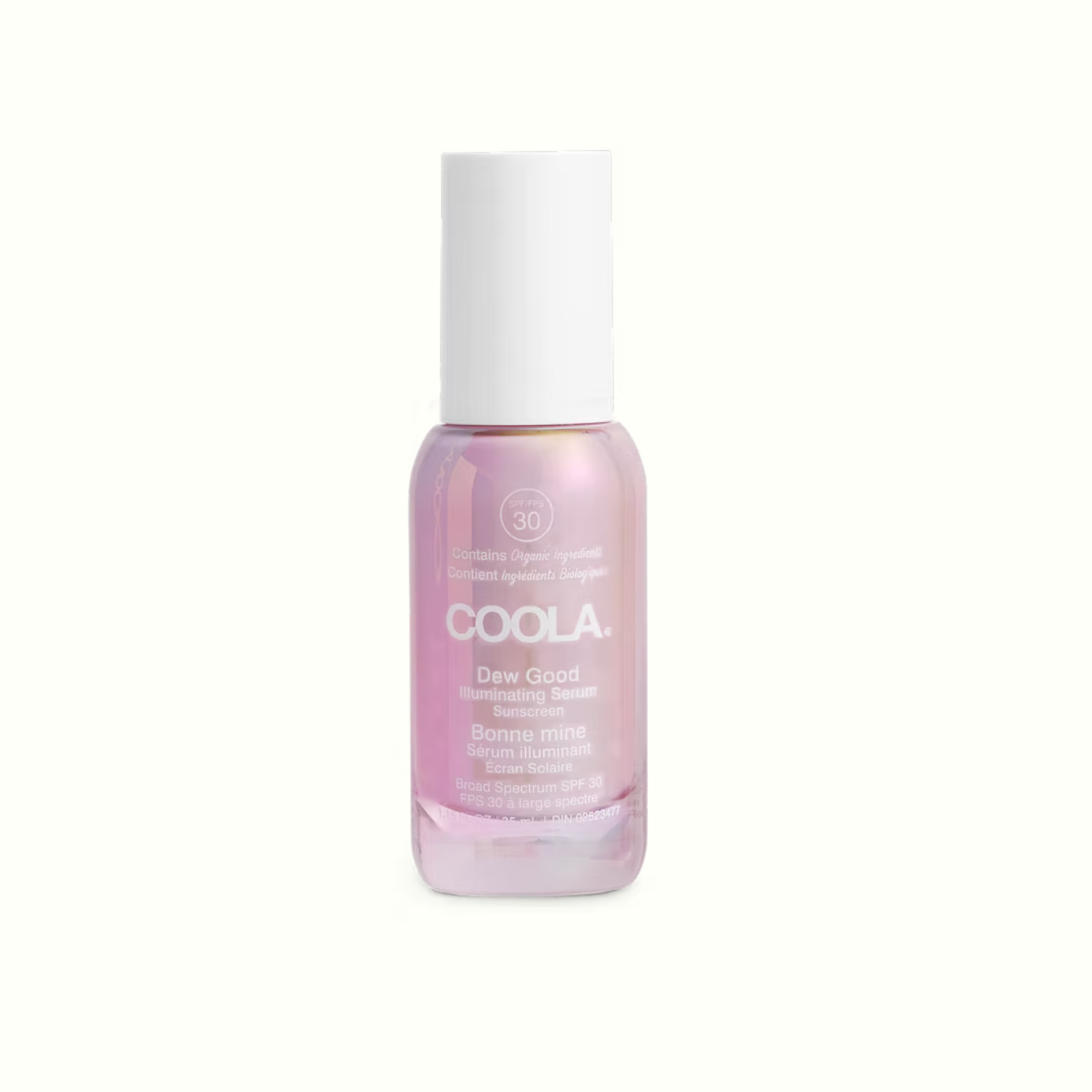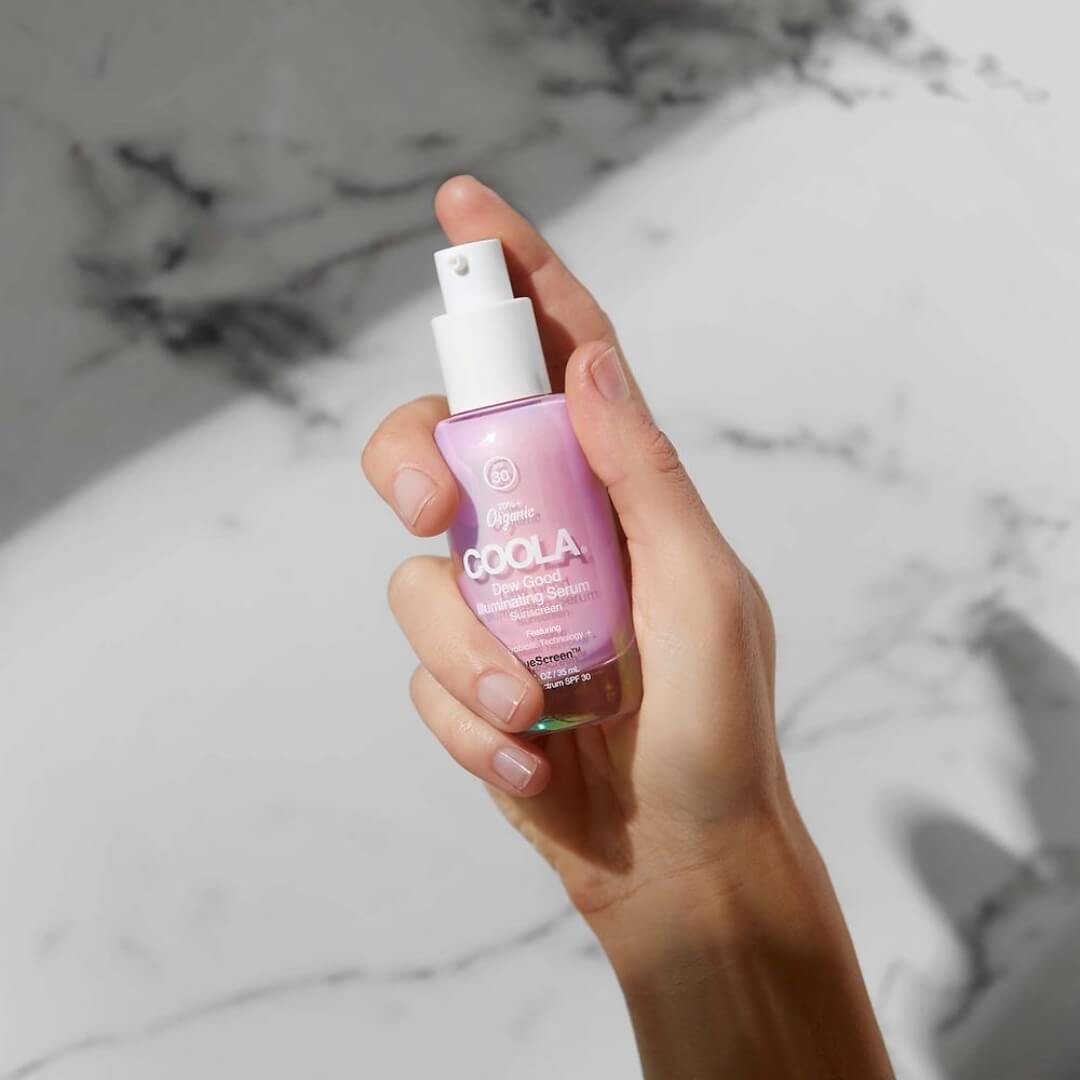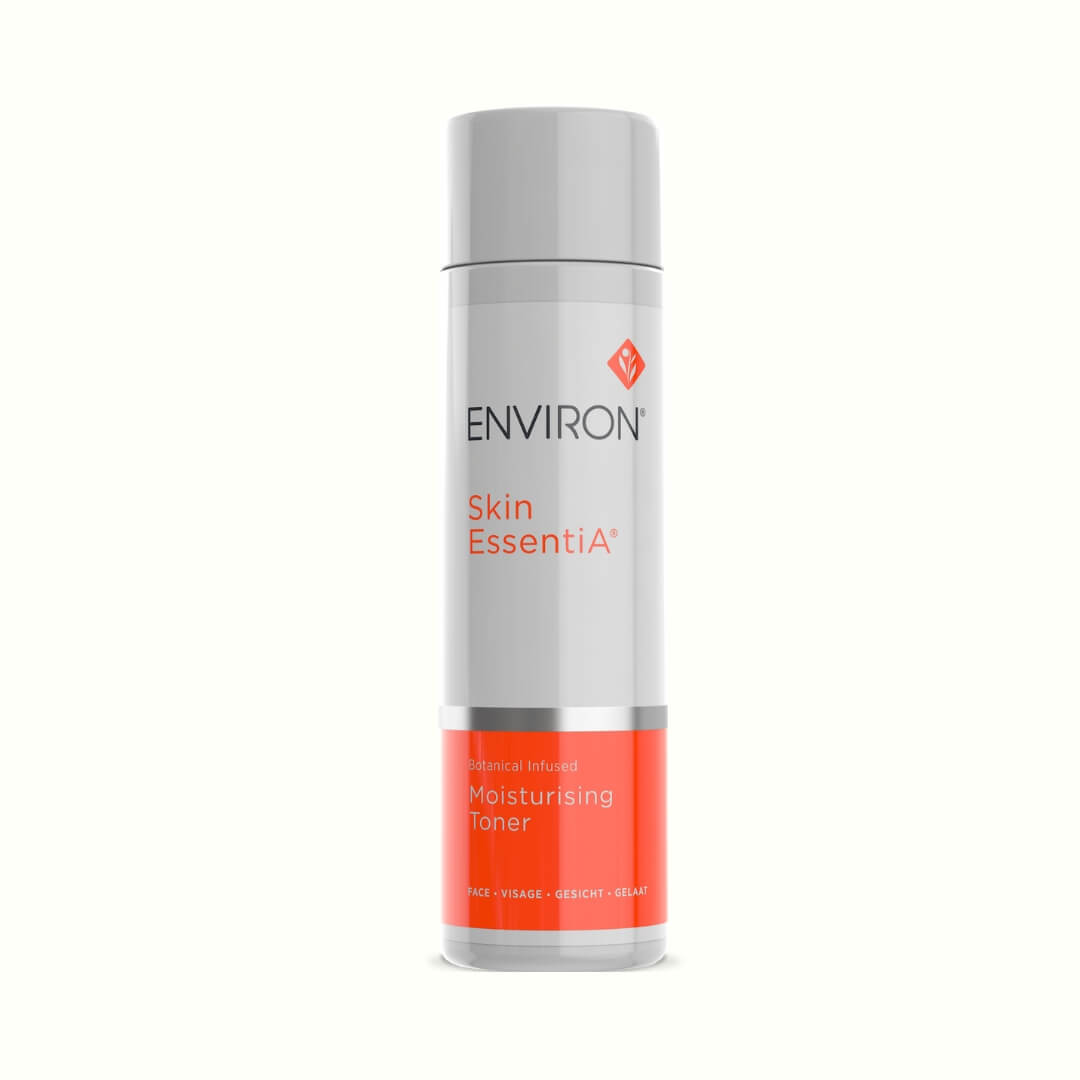Eczema, also known as atopic dermatitis, is a chronic skin condition characterized by inflammation, itching, and redness. It affects millions of people worldwide, with various types, including atopic dermatitis, contact dermatitis, and nummular eczema. The emotional and physical toll of eczema can be overwhelming, impacting daily life and self-esteem.
At Face Club, we're committed to helping you navigate your eczema journey. Our medical-grade skincare products are designed to soothe, protect, and heal your skin.
Understanding Your Eczema
The Science Behind It
Eczema is rooted in a combination of genetic factors and immune system responses. In individuals with eczema the skin barrier, which normally protects against irritants and allergens, is compromised, leading to inflammation and itchiness. This is why it often comes along with higher risk of infection and heightened inflammatory immune response. Eczema also presents as dehydrated skin, since water escapes the skin easier due to impaired enzyme activity.
Research indicates that atopic dermatitis has a genetic component. A common mutation has been identified in the filaggrin gene, which plays a crucial role in the maturation of skin cells. Filaggrin is essential for producing corneocytes, the tough, flat cells that make up the outermost protective layer of the skin, known as the stratum corneum. In people with normal skin, these corneocytes are tightly packed in an organized manner. However, individuals with a filaggrin mutation have a dysfunctional skin barrier due to the disorganized arrangement of their skin cells. This dysfunction results in a "leaky" skin barrier, leading to water loss and reduced protection from harmful substances.
Triggers and How to Identify Them
Common eczema triggers include:
- Allergens: pollen, pet dander
- Irritants: soaps, detergents
- Stress: emotional stress can exacerbate symptoms
- Weather: cold, dry air or hot, humid conditions
Tip: Keep a journal to track your symptoms and identify potential triggers.
The Eczema Cycle
Eczema typically follows a cycle of flare-ups and remissions. During flare-ups, symptoms worsen, and the skin becomes more irritated. Remissions are periods when symptoms subside, and the skin heals.

Building Your Eczema Skincare Arsenal
It is typically advised against using topical corticosteroids daily, as extended use can cause skin thinning (atrophy), stretch marks (striae), acne, visible blood vessels (telangiectasia), and rebound eczema/dermatitis. Selecting the appropriate strength and formulation of the topical corticosteroid is crucial, considering the specific area of the affected skin. Improper use can lead to steroid withdrawal, negatively impacting both the skin and the individual's self-esteem.
Cleansing
It is important to ensure that the skincare products being used are non-stripping and free from any ingredients that could irritate the eczema. At Face Club, we follow corneotherapy principles, which is the science of repairing and maintaining the integrity of the skin barrier
Product Spotlight: DMS Cleansing Milk
- Ingredients: Contains skin barrier supporting components for gentle cleansing.
- Benefits: Non-stripping and free from fragrances, sulfates, and harsh chemicals that can irritate your skin.
Moisturizing
Regulating trans-epidermal water loss and increasing skin hydration is crucial in treating eczema. Using moisturizers with phosphatidylcholine, shea butter, squalane, and natural moisturizers support the prevention of inflammatory skin disorders.
Product Spotlight: DMS High Classic
- Ingredients: DMS Components that mimic the natural structure of the skin barrier.
- Benefits: Formulated to repair the skin barrier and provide long-lasting hydration.
Seal with an Oil
Using a product with a high oil content to lock in moisture can help alleviate symptoms of dry, itchy skin.
Product Spotlight: Vitamin A, C & E Oil
Benefits: The Environ Oil not only is rich in anti-inflammatory jojoba oil, it also nourishes the skin with high levels of Vitamin A, C, E & antioxidants. These vitamins promote long-term healthy functioning skin. It can be used on the body and face, morning and night.
Sun Protection
Protecting the skin from the sun is a non-negotiable for those with eczema. Many conventional sunscreens contain fragrances and irritants that can exacerbate symptoms. Choosing a mineral based sunscreen is often beneficial as it acts as a ‘block’ and sits on top of the skin. Coola offers antioxidant rich formulas that are suitable for extremely sensitive skin.
Product Spotlight: Coola Mineral Matte SPF
- Ingredients: Physical UV filters act as a barrier against environmental damage caused by UVA and UVB Rays.
- Benefits: Offers broad-spectrum UV protection in a non-irritating formulation.
Lifestyle Adjustments for Eczema
Diet
Consider anti-inflammatory diets rich in fruits, vegetables, and omega-3 fatty acids. Avoid known trigger foods like dairy, gluten, or nuts if they exacerbate your symptoms.Omega 3’s (EFA’s) are essential for restoring any deficiencies and supporting healthy skin barrier function.
Stress Management
Techniques such as meditation, yoga, and deep breathing can reduce stress and help manage eczema.
Environment
- Humidity: Use a humidifier in dry climates.
- Fabrics: Choose soft, breathable fabrics like cotton over wool or synthetic materials. When washing, avoid using fabric softeners as they have been shown to negatively affect skin barrier function.
It is typically advised against using topical corticosteroids daily, as extended use can cause skin thinning (atrophy), stretch marks (striae), acne, visible blood vessels (telangiectasia), and rebound eczema/dermatitis. Selecting the appropriate strength and formulation of the topical corticosteroid is crucial, considering the specific area of the affected skin. Improper use can lead to steroid withdrawal, negatively impacting both the skin and the individual's self-esteem.
Don't know what products to use for your eczema? Talk to a licensed Face Club skin therapist today. Our experts can help you find the perfect skincare routine tailored to your needs. Book an appointment now and start your journey towards healthier skin.

